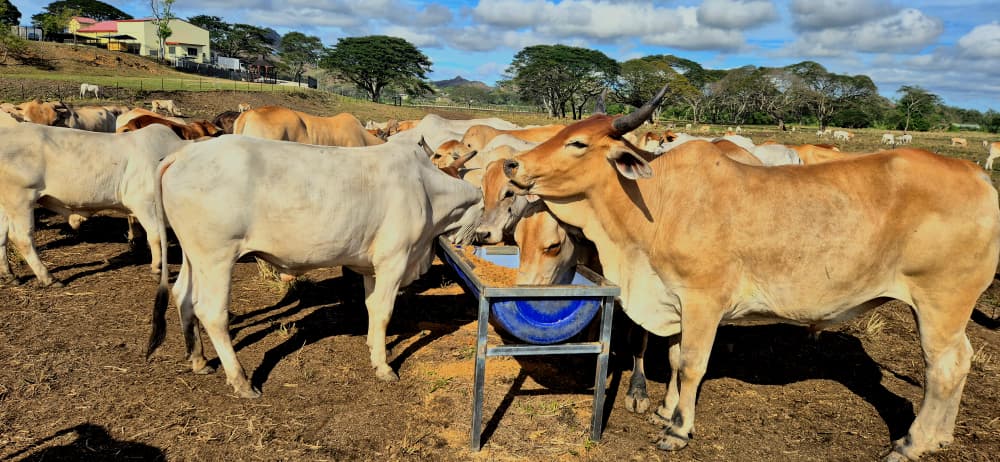
Cattle Feeding out of newly constructed feedlot
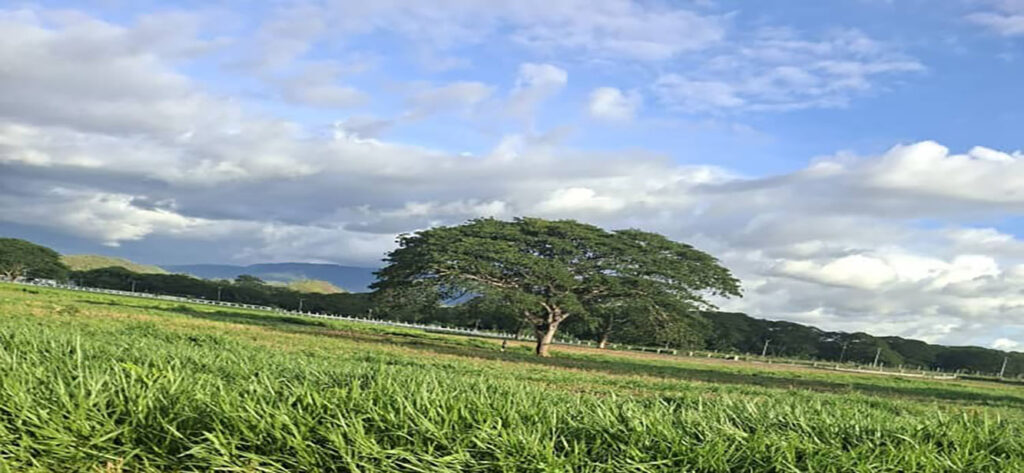
Pasture improvement through planting signal grass and flourishing.
The Tiaba property at 12 mile outside Port Moresby has been operating for more than 40 years. It has been the only certified abattoir in the Southern region for the processing of beef cattle and pig.
In September 2014, operations at Tiaba were shutdown and left to deteriorate which allowed illegal settlers to move in and squat on it.
The LDC Management commenced reclamation of the LDC assets including Tiaba in 2020. Tiaba has undergone several rehabilitation activities including;
1. Perimeter fencing,
2. Pasture improvement
3. Abattoir facilities redevelopment
4. Paddock infrastructure
5. Construction of modern staff accommodation
6. Installation of water reticulation
7. Feed lot construction
Tiaba has the capacity to process 50 cattle and up to 100 pigs per day, and is one out of five state-owned abattoirs across PNG which are currently undergoing rehabilitation.
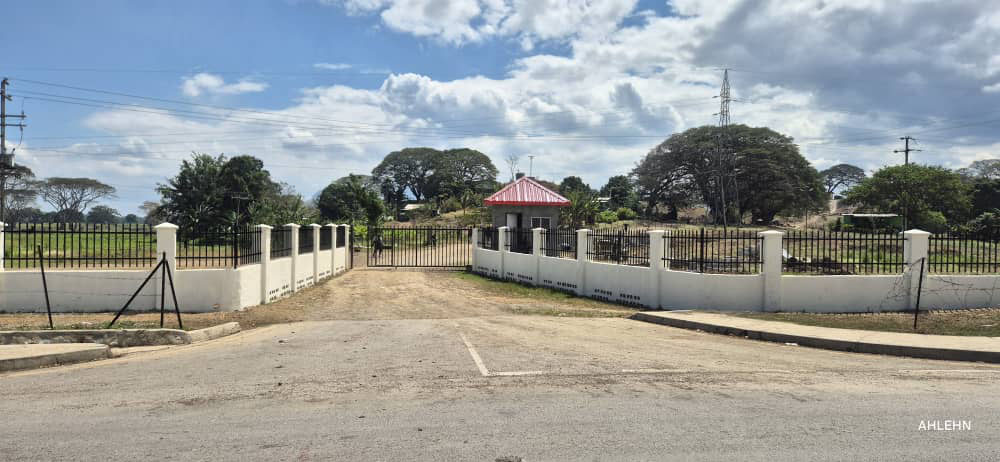
Brick Perimeter fencing around the Tiaba abattoir premises
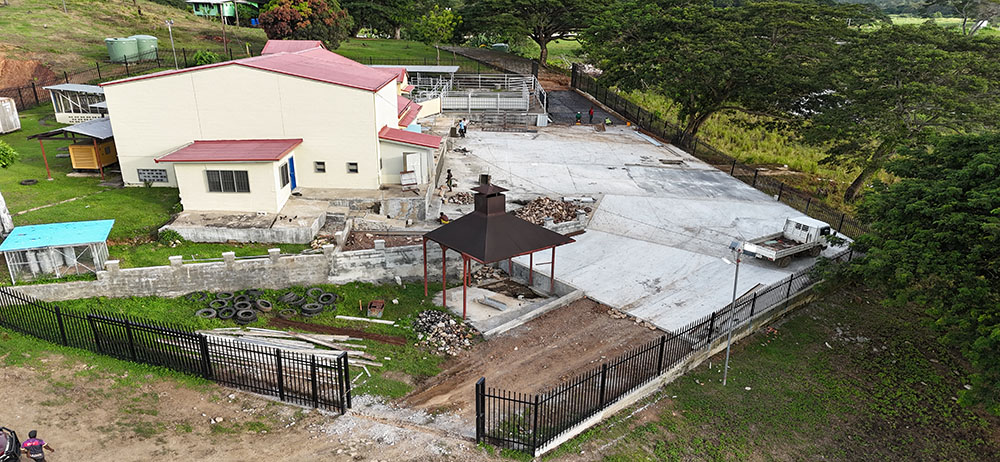
The Abattoir facilities were redeveloped and given a facelift

A modern 12 Units apartment is constructed for staff
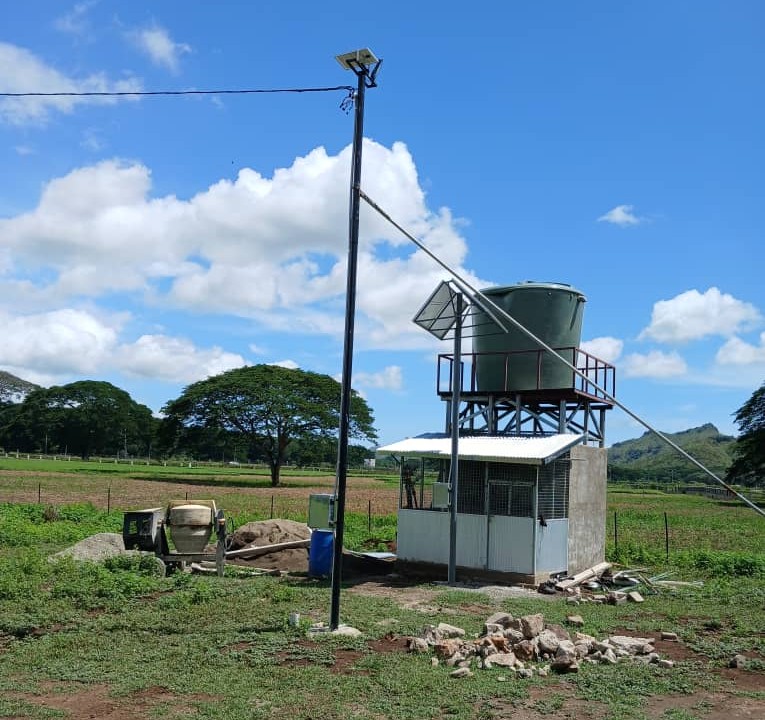
Water reticulation installed for watering pasture during dry seasons
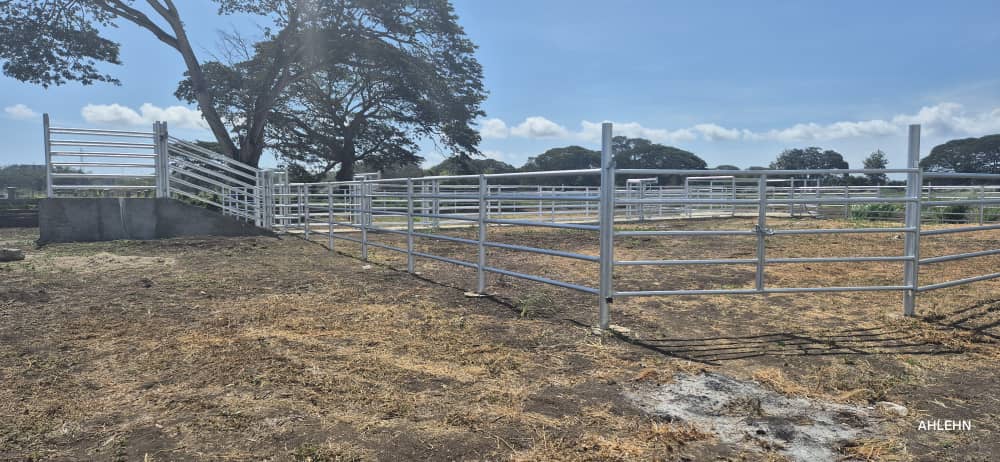
Newly constructed paddock infrastructure and stockyard